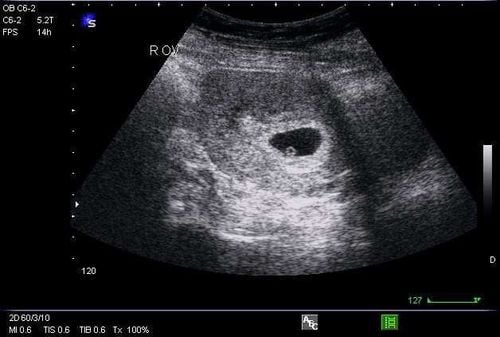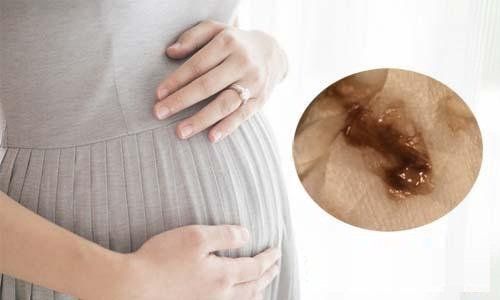Bleeding after taking birth control pills is a common side effect. This symptom is particularly frequent during the first three months of using hormonal contraceptive methods. Here’s what you need to know if you experience bleeding after taking emergency contraceptive pills.
1. What Is Sudden Bleeding After Taking Emergency Contraceptives?
Vaginal bleeding is a common side effect of birth control pills, especially during the first three months of hormonal contraceptive use. It can also occur when switching to a different contraceptive method or a pill with a different estrogen dosage.
While mild bleeding is usually not a concern, heavy or persistent bleeding may require medical attention. Monitoring the amount, timing, and duration of bleeding can provide valuable information for your doctor to determine the cause.
2. Why Does Bleeding Happen After Taking Emergency Contraceptive Pills?
Some risk factors that may lead to bleeding after using emergency contraceptive pills include:
2.1. Type of Contraceptive Used
Combination Pills: These are the most commonly used contraceptives, containing synthetic estrogen and progestin.
Progestin-Only Pills (Minipills): These contain only progestin and are recommended for individuals who cannot use estrogen due to health risks, such as a history of deep vein thrombosis (DVT) or smokers over 35 years old.
Vaginal bleeding is a frequent side effect of progestin-only pills, often occurring unpredictably and without a clear pattern.
Symptoms are more common if you do not take the pill at the same time each day. Missing a dose by just three hours can increase the risk of both bleeding and pregnancy.
2.2. Inconsistent Pill Usage
Missing doses is a common cause of sudden vaginal bleeding. Taking the pill consistently at the same time each day can minimize or prevent these occurrences.
2.3. Smoking
Women who smoke are more likely to experience bleeding when using birth control than non-smokers. Smoking also increases the risk of serious complications, such as heart attacks and strokes.
2.4. Starting New Medications or Supplements
Certain medications or supplements can interfere with contraceptive effectiveness and cause sudden bleeding, including:
- Some antibiotics
- Anti-epileptic drugs
- Antiviral medications for HIV treatment
Consult your doctor before starting any new medication or supplement, especially if you are on birth control.
2.5. Vomiting or Diarrhea
Prolonged vomiting or diarrhea can prevent the body from absorbing the contraceptive ingredients, leading to spotting or reducing the pill’s effectiveness.
These symptoms are more likely in individuals with gastrointestinal disorders such as irritable bowel syndrome (IBS) or inflammatory bowel disease (IBD).

3. Could Sudden Bleeding Indicate an Underlying Condition?
Birth control can occasionally cause rare side effects like blood clots or strokes. Seek immediate medical attention if you experience:
- Heavy, prolonged bleeding
- Sudden, severe abdominal pain
- Severe or sudden headaches
- Pain in the chest, groin, or legs (especially calves)
- Weakness, numbness, or pain in the arms or legs
- Sudden difficulty breathing
- Slurred speech
How to Manage Bleeding While on Birth Control
Taking your pill at the same time daily is the best way to reduce bleeding. For most people, breakthrough bleeding resolves after three months of consistent pill use.
If abnormal bleeding persists, consult your doctor about alternative methods to manage the issue. Your doctor may prescribe a low-dose pill or supplemental estrogen.
Bleeding after taking emergency contraceptive pills is a common occurrence, especially in the early months of use. However, consult a doctor if the bleeding persists, is accompanied by other symptoms, or if you suspect pregnancy.
To arrange an appointment, please call HOTLINE or make your reservation directly HERE. You may also download the MyVinmec app to schedule appointments faster and manage your reservations more conveniently.
Reference source: healthline.com













